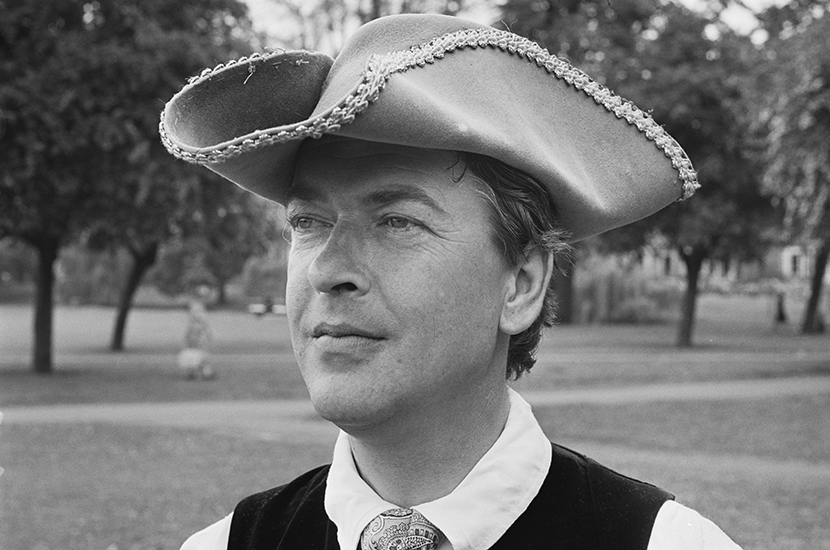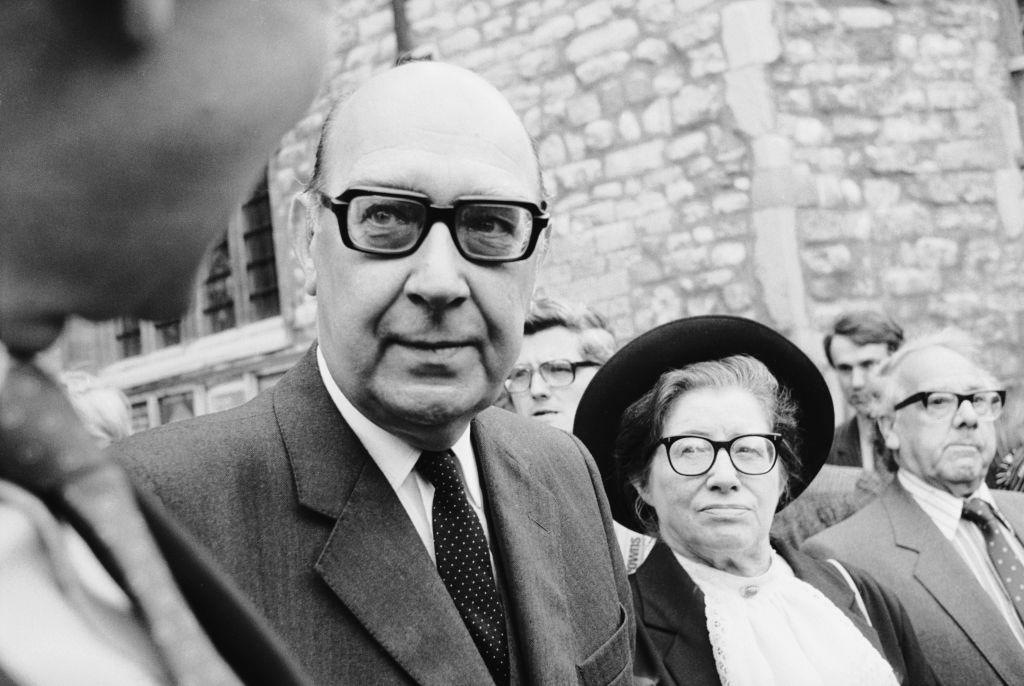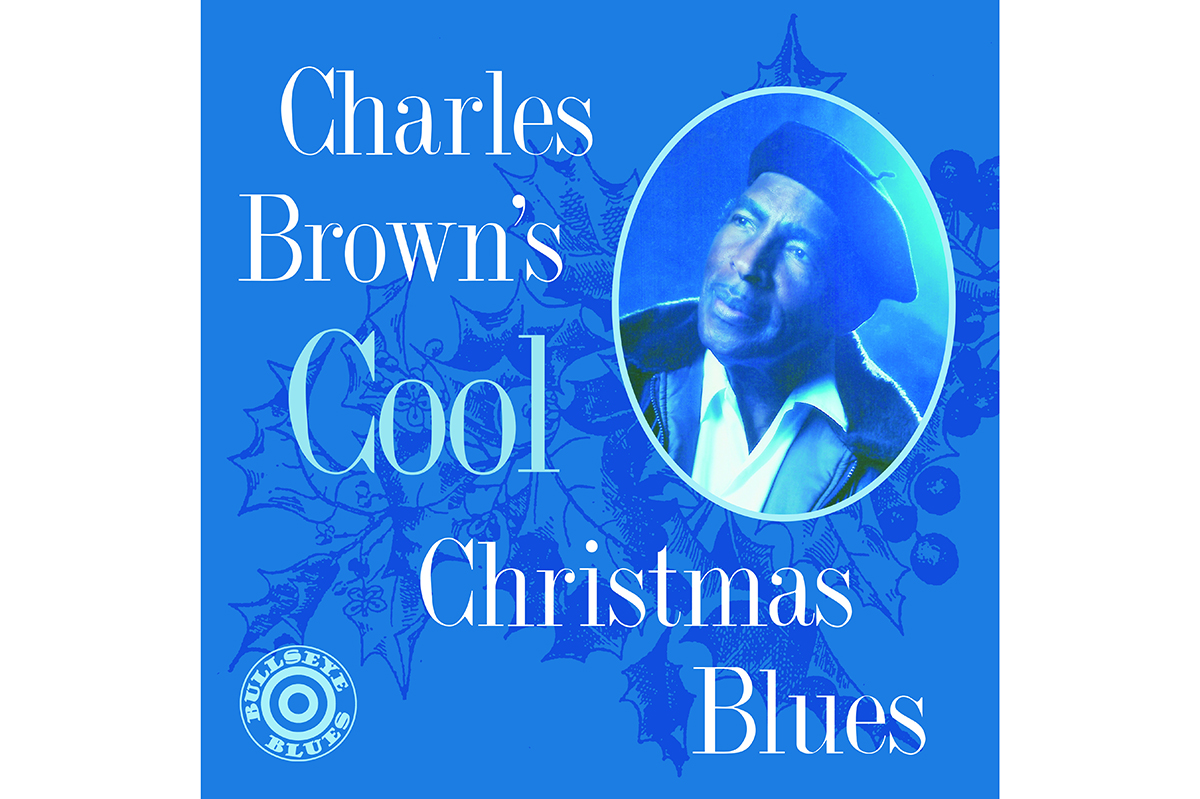‘I’m with the King,’ said my husband. The king in question was Kingsley Amis, whose choleric The King’s English was published posthumously in 1997. The joke in the title depended on knowing two things: that there was an earlier book on English usage of that name (by the brothers H.W. and F.G. Fowler, 1906) and that a nickname of Amis’s was ‘the King’. Among those who bought the book, more, I’d think, might have been aware of the former.
The point on which my husband was with the King is this: ‘Not many people used to reading could fail to spot that something is wrong in the sentence “If Napoleon had been at his best on the day of Waterloo, the result of the battle may have been different”.’
The first thing wrong is that the result was not different, so might should have been used. The other is that we are talking about the past, and might is the past of may.
In 1996 R.W. Burchfield, in his revision of Fowler’s Modern English Usage, quoted a sentence from the Guardian: ‘A mentally ill man may not have committed suicide had he been kept in hospital.’
Again, may not have committed implies that perhaps he did not, whereas that possibility has been removed by events. (Nowadays we are told not to say commit suicide, since the act has long since been decriminalized. I am not sure about the value of destigmatizing suicide, but there it is.)
Such a seemingly obvious mistake in grammar derives from the changing behavior of the modal auxiliaries may and might. In recent years the distinction between may and might in the present tense has collapsed. Speakers see little difference between ‘It may be raining (I’ll just have a look)’ and ‘You might be my brother (so let’s not rush into getting married)’. Might implies a more unlikely hypothesis.
Once the distinction is lost in present-tense hypotheticals, it breaks down in past tenses. So I am sorry to say that might is dying out.
We are in for a generation of people in speech and journalism saying may have where they mean might have. That would have enraged the King, as it does my husband.
This article is in The Spectator’s September 2020 US edition.

























